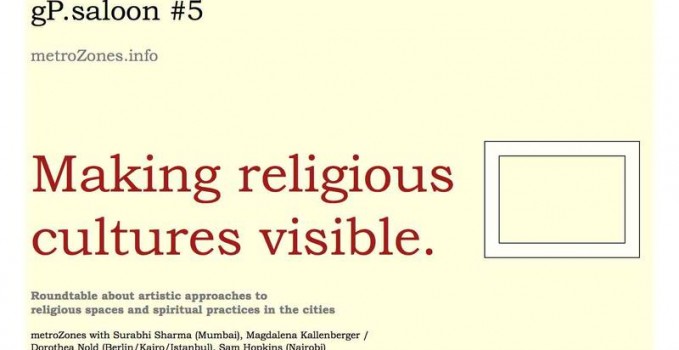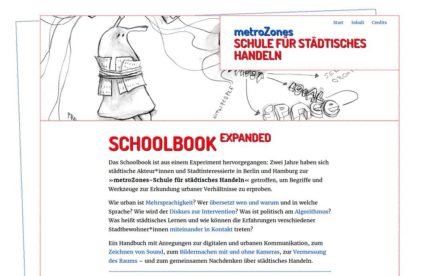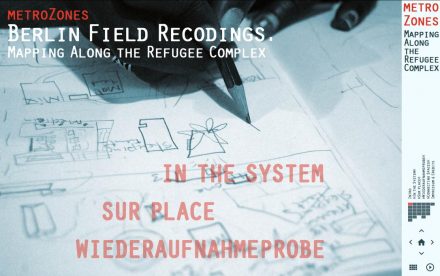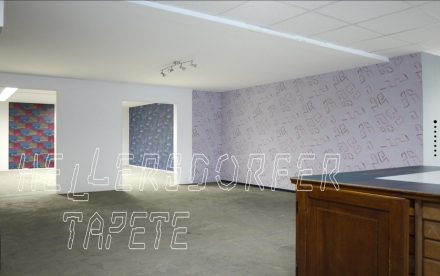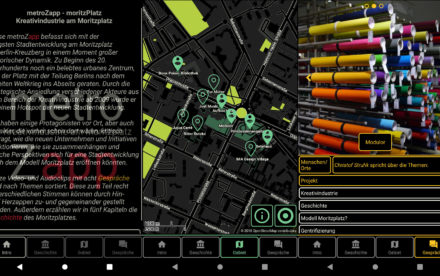Saturday, 6 pm., NGBK – Neue Gesellschaft für Bildende Kunst, Oranienstr. 25, 10999 Berlin-Kreuzberg, first floor.
Event in English.
The project global prayers. redemption and liberation in the city explores the impact of new religious groups and movements on urban cultures across the world. And it reflects on how cities turn into laboratories for religious innovation.
Artistic production plays a key role in this transdisciplinary exploration, working on spiritual inscriptions, performances and the production of religious urban space(s). Cultural manifestations of religious actors are characterized by their ambivalent visibilities: be it the temporary appropriation of secular spaces, the urban staging of religious theatre or the invention of new street religions. Focusing on public articulations of religious actors in the city also implies to involve with their faith, spirituality and devotion.
How do visual artists approach these complex layers of in/visibility of religious communities and practices? And how do they relate to the religious „otherness“ without succumbing to the procedure of othering?
The roundtable aims to discuss with four of the artists who participate in the recent exhibition the Urban Cultures of Global Prayers on artistic re/presentation strategies, questions of proximity and distance, artistic and religious subjectivities.
Guests:
Surabhi Sharma (Mumbai)
Magdalena Kallenberger and Dorothea Nold (Berlin/Kairo/Istanbul)
Sam Hopkins (Nairobi)
***
globalPrayers.saloon #5 ist ein öffentliches Werkstattgespräch der AG the Urban Cultures of Global Prayers. Die Ausstellung the Urban Cultures of Global Prayers ist ein Projekt der Neuen Gesellschaft für Bildende Kunst (NGBK) (11. November 2011 bis Januar 2012) und ein Modul des Projekts global prayers. redemption and liberation in the city (gefördert von Haus der Kulturen der Welt, Viadrina Universität Frankfurt/O, Forum Transregionale Studien, Heinrich-Böll-Stiftung und dem Goethe-Institut) und wurde von metroZones e.V. initiiert.
